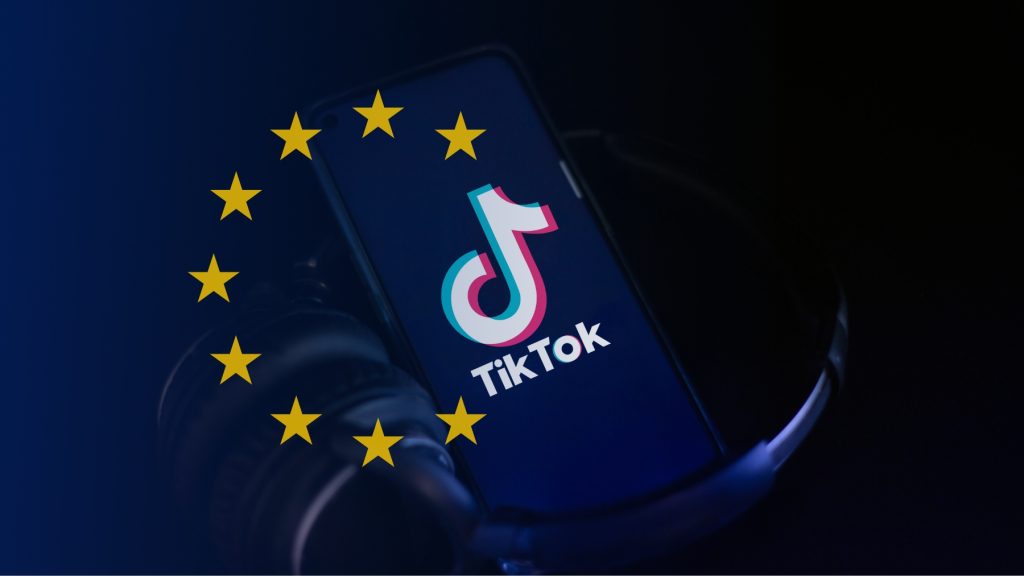
The Irish DPC, representing the EU, has fined TikTok €379 million for its inadequate protection of children’s data privacy and security.
- Parental and user responsibility are also key factors in protecting the little ones.
On September 15th, the Irish Data Protection Commission (DPC), on behalf of the EU, fined TikTok €379 million for failing to protect the privacy and ensure the security of children’s data.
The fine is the largest ever issued by a European data regulator, and it comes after a two-year investigation into TikTok’s handling of children’s data.
Covering the period from July 31, 2020, to December 31, 2020, the EU’s investigation revealed that TikTok’s default settings failed to safeguard children’s privacy adequately. Also, it lacked transparency in explaining how it handled the data of users aged 17 and younger, among other shortcomings.
A TikTok spokesperson told TechCrunch that they “respectfully disagree with the decision, particularly the level of the fine imposed. The DPC’s criticisms are focused on features and settings that were in place three years ago, and that [they] made changes to well before the investigation even began, such as setting all under 16 accounts to private by default.”
But That’s not the Full Story now, is it?
A healthy amount of responsibility falls on the shoulders of parents and, to some extent, other TikTok users.
A child’s autonomy is important but does not outweigh safety. And while TikTok might implement better protection, ultimately, it falls on the parents to monitor and protect their children online.
“It’s just my kid playing in the pool. What harm, will it do?” Ma’am, have you heard of predators?
“Look at her, she’s adorable and everyone innocently likes her!” Sir, are you aware that the last thing most of those viewers are is innocent?
Most parents are just genuinely sharing their bundles of joy. But others… others use their children as props online. And to those, I give a pack of crayons to explain why they felt the need to post a video of their toddler eating a banana. Exposing our kids to predators in the name of profit is not okay.
Let’s talk about mental health. Scrolling through TikTok, you can see many accounts discussing their “mental health journey,” which is fine. You do you. but then things take a turn for the worse. You’ll see video upon video of unqualified people talking at you about mental health and coping mechanisms. They have graduated from armchair psychology to short-form psychology. And we give them the views.
In a 2021 case report, the authors examined the concerning relationship between social media, particularly TikTok, and the development of non-suicidal self-injury (NSSI) and eating disorders among adolescents. They concluded “anti-pro-ana” videos could lead vulnerable individuals to engage in harmful behaviors related to eating disorders and self-injury despite intentions to raise awareness.
But what can we do to protect our kids? First and foremost, we need to limit what we share. But ultimately, there has to be legislation limiting the profitability of certain types of “private content” featuring children. This includes content shot in the home, content capturing children unaware, or content revealing personal information.
Inside Telecom provides you with an extensive list of content covering all aspects of the tech industry. Keep an eye on our Tech sections to stay informed and up-to-date with our daily articles.